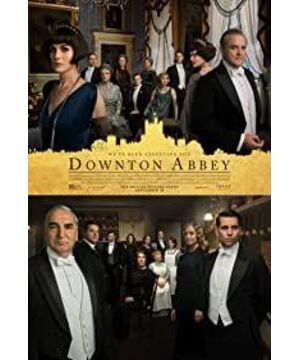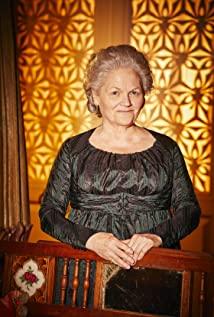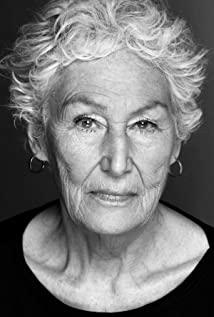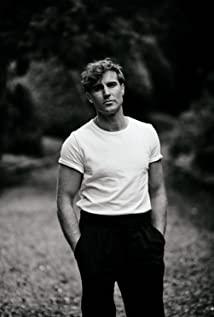When the King of England drove to the manor, the nobles upstairs made tense preparations, even though they were only concerned about a few chairs and the dust-stained silverware at the dinner party;
The servants downstairs and the commoners in the market are honored for being able to dress the royal family directly, fighting wits and courage only to serve the king himself...
The film conveys these emotions through the soundtrack and lens language, behind which is the value measurement of the film. Speaking of this, it is natural to avoid LGBT and feminist rights that are popular in Western discourse today.
Thomas, the housekeeper, went to GAY. After being happy, he was enforced by the police.
The second lady was pregnant, but her husband wanted to accompany the British prince to the colony.
Even if you are a princess, you still have to face the indifference and red tape of your husband, and you can't even carry on as you wish...
Naturally, the film must stand on a politically correct standpoint to rescue them from their plight, but all paths return to the monarchy.
The GAY butler was released from prison on the basis of his master's noble status that night, and then spent a lot of time with the royal male servant who released him on bail.
The second lady took care of her mother's relationship and took care of the queen, and her beloved husband finally took paternity leave.
As for the princess who got rid of her grief through self-thought work, how about her husband being the same? I have a royal family in my heart.
In the film, there are only two people who "defy" the monarch and nobles. One is the Irish Independence Party who is plotting to kill the king, and the other is a seamstress who is a queen who walks along with countless nobles' property.
What is interesting is that the person who protected the king from shooting was not a loyal royal soldier, but the third brother-in-law who supported republicanism in his early years. He said that he was not suitable for the aristocratic manor, but his body had long been subservient to all the aristocratic privileges given to him by the monarchy.
The seamstress's phrase "When you see things on the table that you can't afford for a year's savings, won't you be angry?"
This is a class gap that cannot be filled with so-called labor. Such a gap is fixed by the law into an order, and morality has added a consciousness to this.
The lesson of the maid Anna to the tailor perfectly reflects this:
"This is someone else's thing, how can you take it!"
= The servant becomes the protector of the property rights system
"If there is a theft in the Queen's accompanying place, how can the Queen's face look? Can you still keep your job?"
= Start moral judgment, and show that the royal family is a moral model
=The royal family is your master, it’s no problem to punish your livelihood
Happiness belongs to the royal family and loyal servants, but what about the strikers in the north, the Irish Independence Party, and the colonists whose sun is not setting? They have nothing.
The old butler, Carson, said that even after hundreds of years, Downton Abbey will still stand on its own.
Like a monarch, even if he no longer has real power, he can affect the spiritual structure of a country's people. Likewise, the monarch exists because of this.
View more about Downton Abbey reviews











